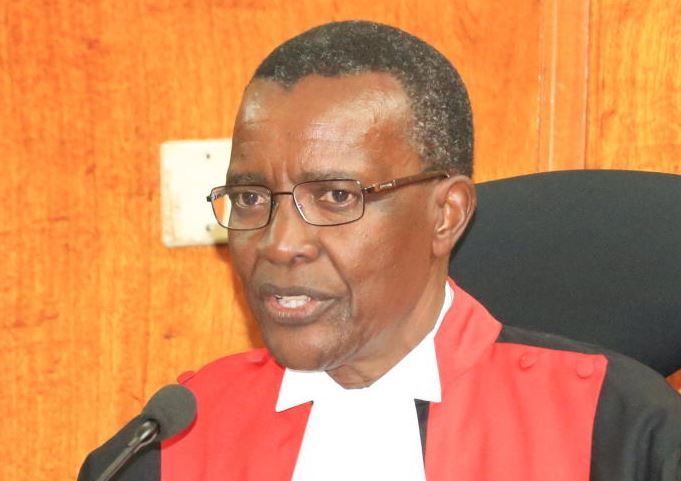×
The Standard e-Paper
Smart Minds Choose Us

The Judicial Service Commission (JSC) gobbled approximately Sh25 million to hire the 41 judges who have since been rejected by President Uhuru Kenyatta, leading to a protracted court battle.
And it is now emerging that President Kenyatta struck a deal with JSC in 2015 to keep his hands off its nominees, a deal he seems to have reneged in revelations made in court this week.